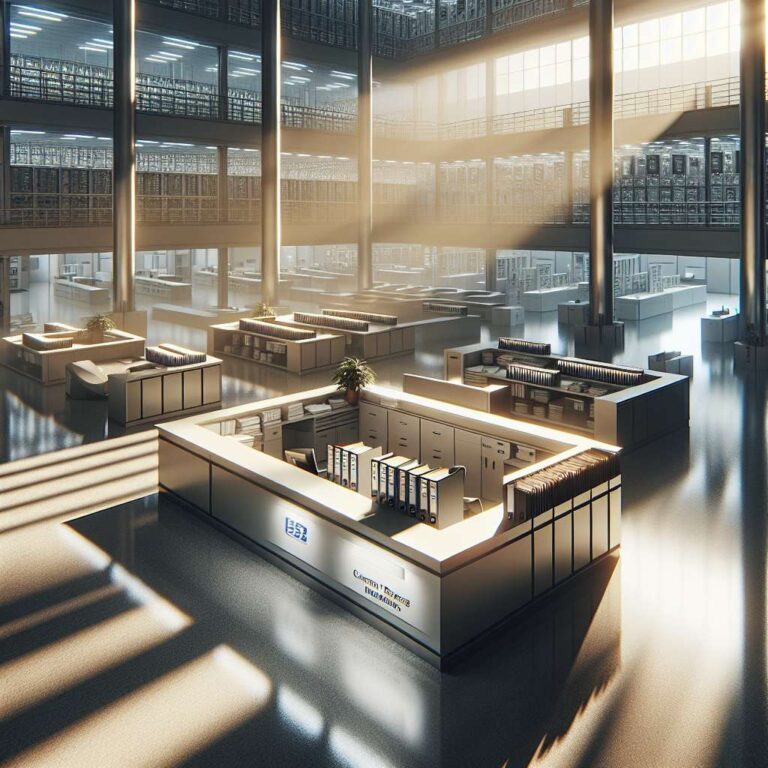Intel´s latest 10-Q filing with the US Securities and Exchange Commission has shed light on a critical challenge facing the company´s foundry division. Despite rebranding and restructuring its traditional manufacturing operation into Intel Foundry Services to open up contract chip manufacturing for external clients—mirroring the business models of Samsung Electronics and TSMC—the initiative has thus far failed to secure substantial external customers. The company reported having been ´unsuccessful to date´ in this regard, underlining persistent difficulties in capturing market share in a sector dominated by established competitors.
Historically, Intel manufactured chips mainly for its own products. However, the prolonged transition from 14 nm to 10 nm processes during the late 2010s put the company at a technical and reputational disadvantage. Meanwhile, rivals like AMD leveraged TSMC´s advanced 7 nm nodes to advance their own product lines, further marginalizing Intel´s process technology in the eyes of large clients. This shift is evident in Intel´s own ´Arrow Lake´ processors, which are predominantly fabricated using TSMC´s various process nodes, including TSMC 3 nm for compute components and TSMC 5 nm for graphics, leaving only the active interposer on Intel´s legacy 22 nm node. Such reliance on competitors´ foundries undercuts Intel´s appeal as a viable manufacturing partner for leading-edge designs.
The 10-Q document highlights the bleak financial reality: revenues from external customers remain negligible, reportedly attracting primarily minor, likely government-mandated clients such as defense industry contractors requiring US-based manufacturing. This revenue shortfall persists even as Intel attempts to build a business case for its newest process nodes, including Intel 4 and the forthcoming sub-2 nm-class Intel 14A. As Intel continues to invest in manufacturing infrastructure and process technology, the struggle to secure meaningful third-party demand clouds the company´s path to becoming a competitive, globally recognized contract foundry.

